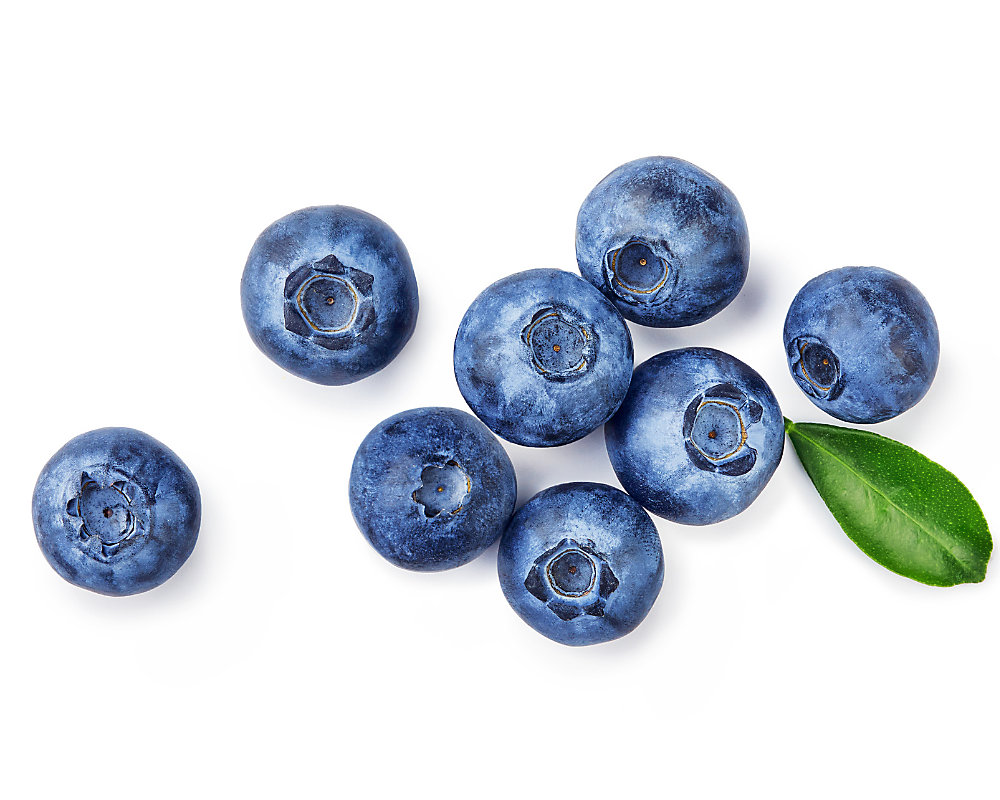Threats to Blueberry Production
Blueberry growers should be aware of the effects that Spotted Wing Drosophila (SWD) can have on their yields. This pest poses a large threat to commercial growers due to the timeframe that SWD can infest the crop. Blueberries are susceptible to damage from the pest for a large portion of the season. SWD can begin to lay their eggs in the plant as soon as the fruit changes from green to purple, which creates an unmarketable yield. They stay susceptible to the pest until harvest.
-1?$responsive$)
Harms Caused by Spotted Wind Drosophila in Blueberries
Spotted wing drosophila can infest plants that are not yet damaged or overripe, making them more of a threat than typical vinegar flies. Vinegar flies lay their eggs in overripe and rotting fruit however, SWD are able to lay their eggs into intact fruit due to the female's serrated ovipositor. She is able to saw into the flesh of the fresh fruit, which is typically too firm for other species of vinegar flies. Then SWD lays eggs into the maturing blueberries, and the larvae feed on the fruit pulp. If berries containing the pest are harvested and contained together, all blueberries exposed to the infested berries can be downgraded or rejected from selling1.
Preventing infestations
1. Monitor fields for SWD
To monitor your field for SWD, food-baited traps can be used. This form of testing does not give a direct measure of infestation levels but can show early signs of pest presence. However, food-baited traps will not work for detecting larvae. Because the market has zero tolerance for larvae in fruit, a fruit dunk flotation test should be done2. Carefully monitoring your crops using multiple testing and trapping methods can give early detection of SWD.
2. Use preventative sprays
One of the best ways to prevent infestations is to act BEFORE the pest is present. Using a proactive approach with early-season sprays of botanicals directed at target pests can stop an infestation before it happens. Act early and plan your IPM program to prevent pests rather than fight the problem after an infestation has started.
3. Rotate the products used in your IPM program
Specialty crop growers committed to reducing insecticide resistance create an IPM program that includes various chemicals with different modes of action in rotation. Growers must update their rotation programs to avoid pests growing resistant to the chemicals used over time. Many chemicals have limited sprays that can be applied per season. Alternating with softer chemicals that do not have this limitation can help growers avoid using their hard-hitting chemistries too early and being left with very few chemical options by the end of the season.
4. Harvest frequently and remove leftover fruit to avoid breeding
SWD are attracted to ripe, overripe, damaged, and rotting fruits1. Fruit needs to be harvested quickly after ripening to lessen the amount of time spent in the field and limit its exposure to the SWD. Remember that SWD are attracted to ripening, ripe, overripe, damaged, and rotting fruit. A helpful tip is to understand your chemistries' re-entry interval and to use caution when applying harsh chemicals that could delay harvesting.
0-day PHI, 0-hour REI, and USA MRL Exemption benefit growers
To prevent a Spotted Wing Drosophila infestation, growers must take a proactive approach by using pesticides early in the season. Kemin botanicals are a great and effective addition to an IPM program designed to fight SWD, mites, aphids, whiteflies, and many others.
AlliCURB™ is an OMRI-Listed®, 25(b) Exempt, garlic oil-based, contact insecticide and powerful repellent that controls a wide range of pests, especially lepidopteran insects, on various crops. AlliCURB provides a unique set of modes of action – antifeedant deterrent, mating disruption, and anti-oviposition - limiting the likelihood of target pests developing pesticide resistance.
Garlic oil plays a major role in an IPM program to manage pesticide resistance without disturbing non-target organisms or having a hazardous effect on the environment. AlliCURB doesn’t leave a residue or influence the taste and smell of food crops.


Worker Safe
Compatible with Beneficials and Pollinators

Convenient to Use

USA MRL Exempt

No Sensory Impact

